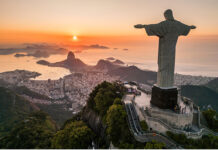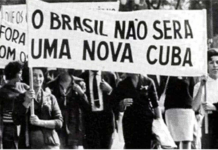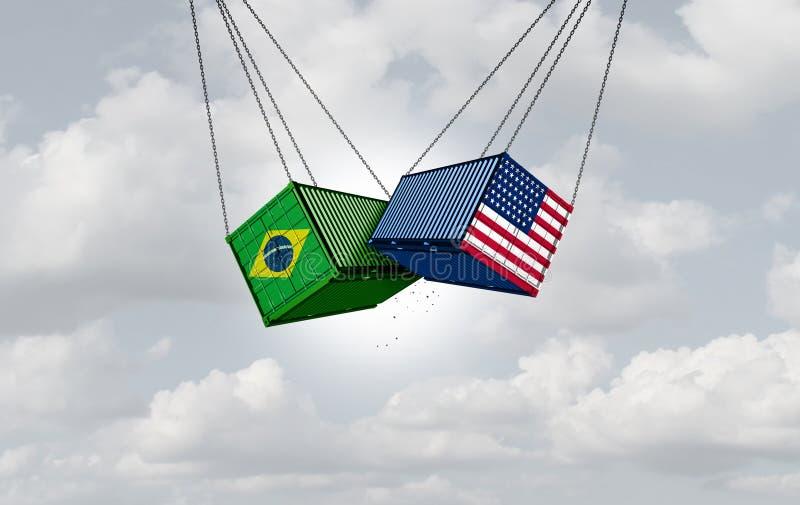
Trade warfare and interference in the free functioning of the judiciary are the current expressions of United States interventionism in Latin America, particularly in Brazil.
With the largest economy in the region and the eighth-largest in the world, Brazil holds a central strategic importance for the United States in its aim to maintain global dominance in an increasingly multipolar world.
If the region has always been considered “its backyard,” Brazil is its most prized garden. For that reason, new domination strategies have been developed to carry out its long-standing interventionist policy.
Former President Jair Bolsonaro is being prosecuted by Brazil’s Supreme Federal Court for leading the attempted coup d’état against Lula da Silva in 2022. He is currently under house arrest and his trial is scheduled to begin September 2.
The Attorney General’s Office has requested Bolsonaro’s conviction for the crimes of attempted coup, violent abolition of the democratic rule of law, and armed criminal organization dedicated to undermining the electoral system. He is also charged with inciting attacks on democratic institutions and coordinating exceptional measures. Bolsonaro could face up to 43 years in prison.
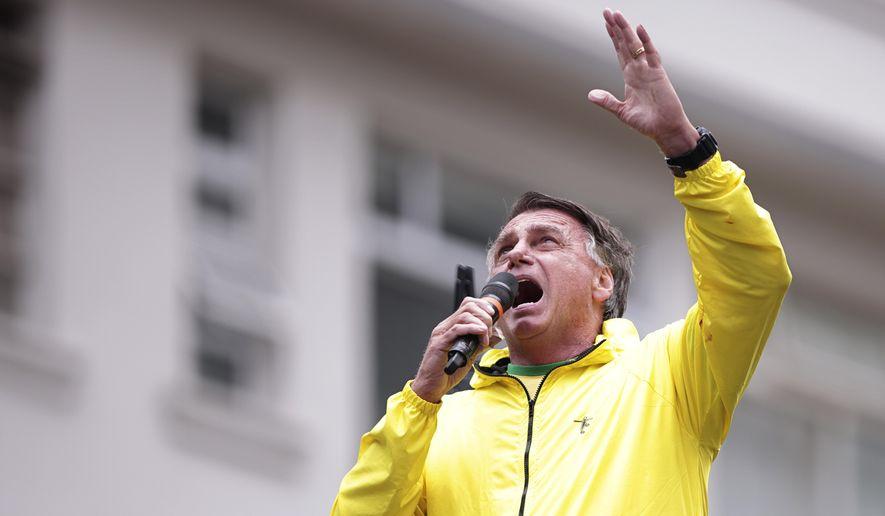
As his son Eduardo works in the U.S. to obtain his father’s release through extrajudicial means, Judge Alexandre de Moraes imposed several restrictions on the elder Bolsonaro, including the use of an electronic ankle monitor and a ban on communicating with foreign authorities, and prohibiting his using social media, speaking with other defendants or diplomats, and leaving his residence between 7 p.m. and 6 a.m.
“Eduardo Bolsonaro, the former president’s son and federal congressman from São Paulo [member of the Chamber of Deputies, the lower house in Brazil’s National Congress], is working with Paulo Figueiredo—grandson of Brazil’s last dictator, General Figueiredo—to push for sanctions against Brazil and, in particular, individual sanctions against Brazilian authorities they hold responsible for preventing Bolsonaro from staying in power,” explains André Matheus, a lawyer specializing in human rights and freedom of expression, to CovertAction Magazine. Who is helping Eduardo to secure Jair’s freedom? “His great friend,” the President of the United States.
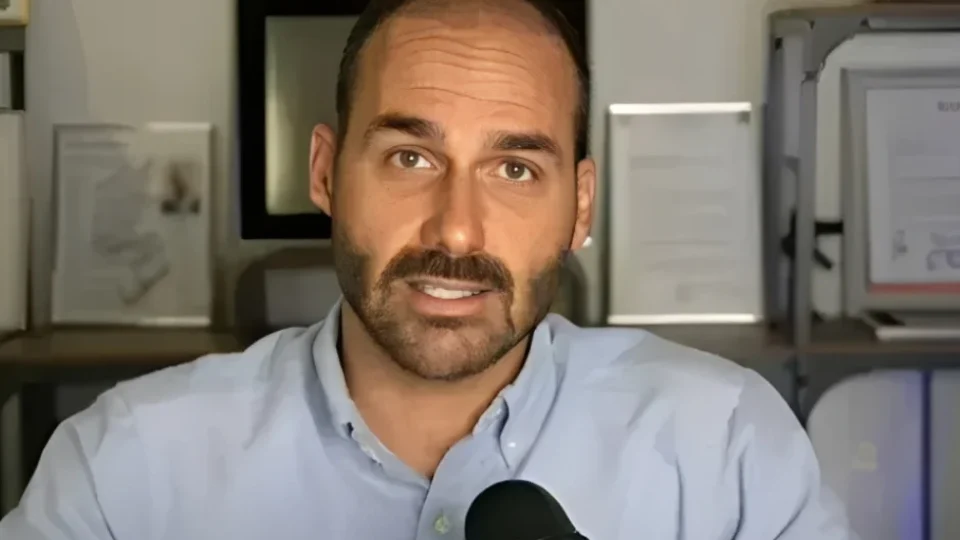
Donald Trump sent a letter to Lula da Silva demanding Bolsonaro’s release: “He is a good man. He loves his country, fought hard for its people, and now they want to put him in jail. I think this is a witch hunt and a very sad situation. No one is happy with what Brazil is doing, because Bolsonaro was a respected president, very respected.…I sincerely hope the Brazilian Executive changes its course, stops attacking political opponents, and ends its ridiculous censorship regime. I’ll be watching closely.”
As if interfering in the internal affairs of a sovereign country wasn’t enough, Trump also ordered the revocation of visas for Justice Alexandre de Moraes and his allies on the Supreme Federal Court.
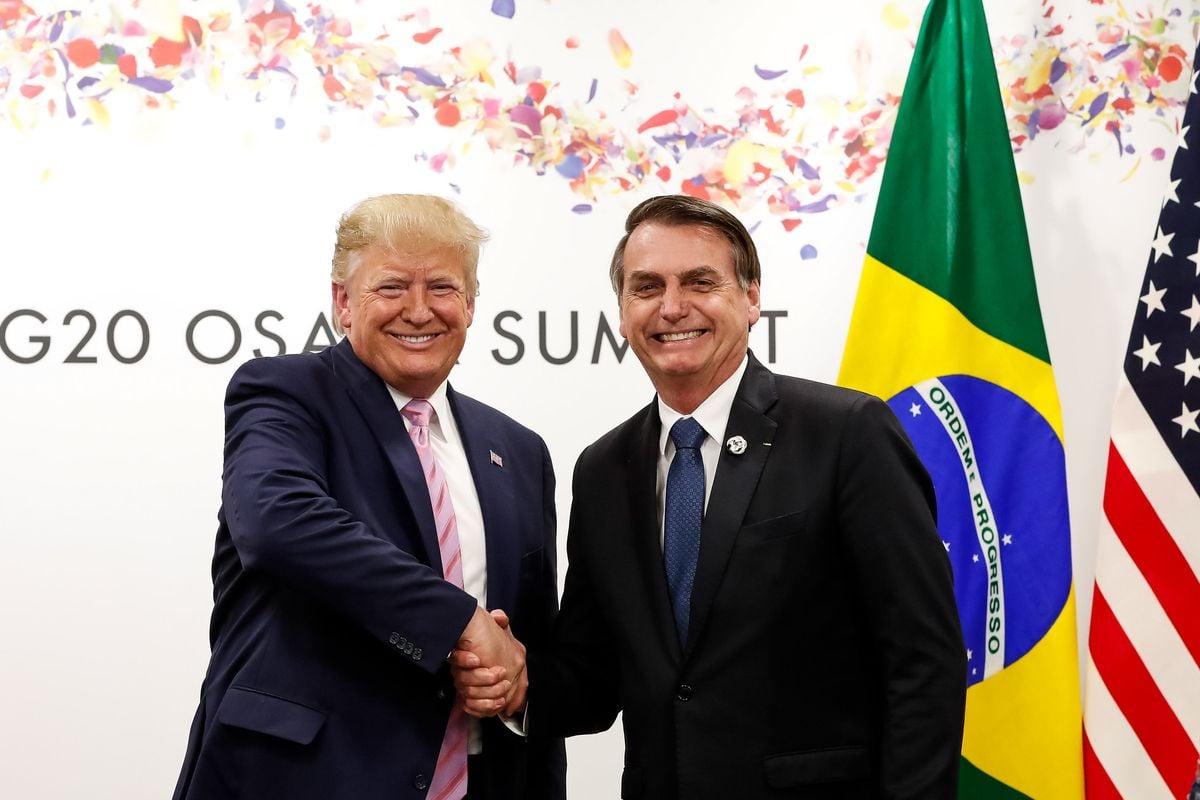
Eduardo, Bolsonaro’s “Daddy’s Boy”
The Conservative Political Action Committee (CPAC) is the oldest conservative forum in the United States. It is organized annually by the American Conservative Union and brings together right-wing politicians, activists and opinion leaders.
In Brazil, CPAC is led by Eduardo Bolsonaro, who also promotes it across the region, especially in Argentina alongside his other friend, reactionary President Javier Milei.
Eduardo Bolsonaro has actively worked to build an international far-right network, connecting leaders from Latin America, Europe, and the United States. Eduardo Bolsonaro is Steve Bannon’s representative in the region.
His main objective is to form a “Far-Right International,” uniting parties and leaders around a shared agenda: conservative social values, institutional authoritarianism, climate change denial, and opposition to the left or any progressive political movement.
Matheus continued: “When Eduardo Bolsonaro announced his trip to the U.S. to seek support from then-President-Elect Donald Trump, he invoked the ‘Magnitsky Act.’
This law allows the U.S. to impose economic sanctions on individuals accused of corruption or serious human rights violations. However, due to Trump’s volatility, he adopted an aggressive approach and imposed a 50% tariff on Brazilian imports, effectively hindering trade between the two countries.”
Trump followed through: “The U.S. launched a kind of unconventional trade war against Brazil during Operation Car Wash, aimed at sabotaging the heavy and non-residential construction sector, which was competing with major U.S. industry,” says Juliane Furno, professor of economics with a Ph.D. from the State University of Campinas.
Recall that a fabricated case during this process led to Lula da Silva’s imprisonment.
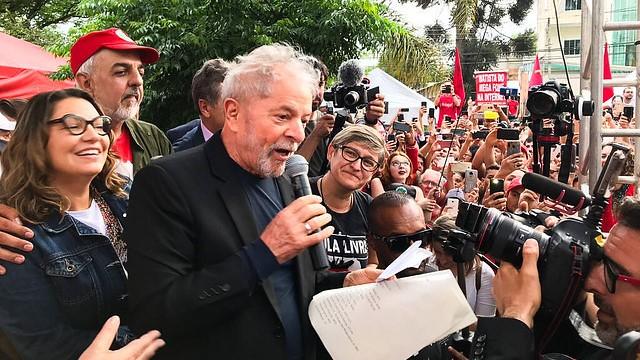
On the one hand, there is the economy; on the other, there is lawfare: “The strategic use of law as a weapon of war is central to this machinery. What we are seeing in Brazil today is a clear example. The attempt to choke the Supreme Federal Court, preventing it from judging those responsible for the coup attempt, reveals how lawfare—or as UFRJ [Federal University of Rio de Janeiro] Professor Luís Eduardo Fernandes calls it, ‘legal imperialism’—can be used to sabotage democratic institutions under the guise of legality,” Matheus added.
Trump’s government, a symbol of the global far right, no longer needs direct military interventions, which would provoke widespread instability. The new weapons are the distorted use of law and economic sanctions.
“Through legislation that grants the U.S. a kind of universal jurisdiction, Washington imposes sanctions, tariffs, and economic threats on various countries. This is a form of silent but devastating warfare aimed at strangling economies and weakening institutions,” Matheus concluded.
“On July 15, 2025, the USTR [United States Trade Representative] opened a formal investigation based on Section 301 of the 1974 Trade Act, alleging that Brazil engages in ‘unfair and discriminatory’ practices in six areas: digital trade [specifically referring to PIX, Brazil’s most widely used payment platform], preferential tariffs, anti-corruption efforts, intellectual property, ethanol, and illegal deforestation.”
According to Matheus, though framed as a trade dispute, the investigation serves as a punitive tool: It triggers unilateral sanctions, expands consultation channels, and establishes legal sanctioning frameworks. All of these investigations are direct sanctions against post-Bolsonaro Brazil and stem from its foreign policy, which distances itself from automatic alignment with the West. Its rapprochement with the other BRICS countries, commitment to peripheral/dependent economies, and the strengthening of an autonomous diplomacy break from the “Western consensus.”
Furthermore, on the same day—July 15, 2025—NATO Secretary General Mark Rutte stated that countries like Brazil, China and India could face secondary sanctions if they maintain trade relations with Russia,” stated Matheus. These countries are all BRICS members.
Everything appears to be a coordinated response following the 17th BRICS summit held in Rio de Janeiro. Trump’s Republican administration does not accept the autonomy of Global South countries because it threatens U.S. interests.
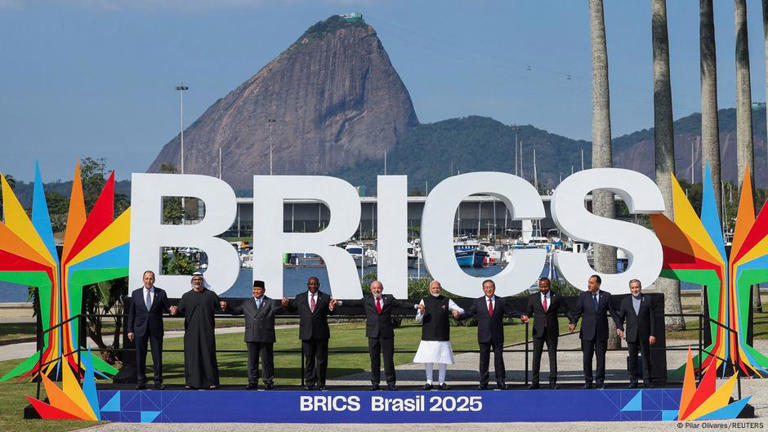
For instance, Brazil is a satellite producer but lacks its own launchers. Recently, however, it signed a partnership with Russia for the joint production of satellites using “ballistic technology for civilian purposes.” At present, the area with the most rapid commercial growth between Brazil and other BRICS countries is energy transition.
“The United States is Brazil’s second-largest trading partner and the top buyer of exports from São Paulo, Brazil’s largest state. Even though our exports to the U.S. are largely raw materials (crude oil, coffee, meat, and orange juice), higher value-added exports are also quite significant,” economist Juliane Furno explains.
The advance of China in Latin America is well known to be a source of concern for the U.S., which sees it as a foreign power encroaching on its backyard. “China is Brazil’s main trading partner; it is the country that absorbs the most Brazilian exports. Trade with China and rising commodity prices were fundamental in boosting Brazil’s economy and allowing for income distribution between the first and second decades of the 2000s,” says Furno.
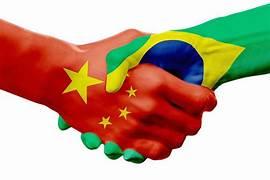
However, there are also contradictions for which Brazil is responsible. “The country failed to use the foreign currency earned from rising volume and prices of raw materials to invest in machinery and technology necessary for industrial progress.
As a result, while trade with China allowed for reserves and export income, it also deepened Brazil’s role as a primary-exporting economy—especially after the 2008 crisis, when China shifted its strategy toward exporting manufactured goods to Latin America.”
“Additionally, Brazilian state activism, particularly through the BNDES [the Brazilian Development Bank], was financing countries embargoed or sanctioned by the U.S. to purchase Brazilian goods—especially Cuba, Venezuela and Bolivia,” Furno adds. Political interests are also in conflict with those of the U.S.
Politics and “Rare Earths”
Like any modern empire, the United States is particularly interested in resources known as “rare earths,” such as lithium or niobium. As O Globo reported, “The U.S. Embassy’s Chargé d’Affaires told businesspeople that the U.S. wants access to Brazil’s critical minerals.” Lula’s sovereign response was clear: “We must protect all our oil, all our gold, all our rich minerals. And no one’s putting their hands on them.”
“During the discovery and commercial exploitation of the pre-salt reserves—rock formations off the Brazilian coast with high petroleum potential—the U.S. reactivated the Fourth Fleet in Brazilian territory and spied on then-President Dilma Rousseff [2011–2016], in addition to a suspicious episode involving the theft of thousands of Petrobras records.” Old interventionist policy for new rare minerals.
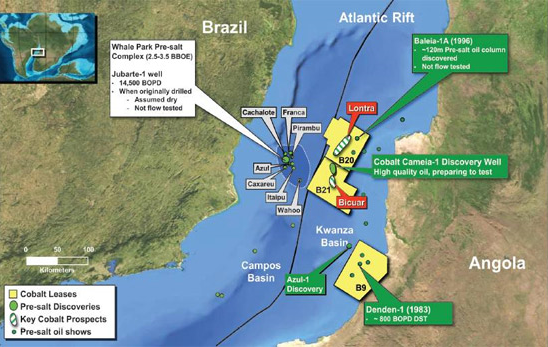
For Juliane Furno, “The question is how long even the U.S. elite will tolerate this, as the 50% trade tariff is starting to hurt the interests of local businesses.”
U.S. interference in Latin America is deepening. In some countries, it has such obedient allies that their presidents willingly carry out orders from the North.
Javier Milei is the most disciplined pupil. Other countries have governments that resist and refuse to follow U.S. and Trump directives. One of them is Brazil, and that is where Lula da Silva stands.

CovertAction Magazine is made possible by subscriptions, orders and donations from readers like you.
Blow the Whistle on U.S. Imperialism
Click the whistle and donate
When you donate to CovertAction Magazine, you are supporting investigative journalism. Your contributions go directly to supporting the development, production, editing, and dissemination of the Magazine.
CovertAction Magazine does not receive corporate or government sponsorship. Yet, we hold a steadfast commitment to providing compensation for writers, editorial and technical support. Your support helps facilitate this compensation as well as increase the caliber of this work.
Please make a donation by clicking on the donate logo above and enter the amount and your credit or debit card information.
CovertAction Institute, Inc. (CAI) is a 501(c)(3) non-profit organization and your gift is tax-deductible for federal income purposes. CAI’s tax-exempt ID number is 87-2461683.
We sincerely thank you for your support.
Disclaimer: The contents of this article are the sole responsibility of the author(s). CovertAction Institute, Inc. (CAI), including its Board of Directors (BD), Editorial Board (EB), Advisory Board (AB), staff, volunteers and its projects (including CovertAction Magazine) are not responsible for any inaccurate or incorrect statement in this article. This article also does not necessarily represent the views the BD, the EB, the AB, staff, volunteers, or any members of its projects.
Differing viewpoints: CAM publishes articles with differing viewpoints in an effort to nurture vibrant debate and thoughtful critical analysis. Feel free to comment on the articles in the comment section and/or send your letters to the Editors, which we will publish in the Letters column.
Copyrighted Material: This web site may contain copyrighted material the use of which has not always been specifically authorized by the copyright owner. As a not-for-profit charitable organization incorporated in the State of New York, we are making such material available in an effort to advance the understanding of humanity’s problems and hopefully to help find solutions for those problems. We believe this constitutes a ‘fair use’ of any such copyrighted material as provided for in section 107 of the US Copyright Law. You can read more about ‘fair use’ and US Copyright Law at the Legal Information Institute of Cornell Law School.
Republishing: CovertAction Magazine (CAM) grants permission to cross-post CAM articles on not-for-profit community internet sites as long as the source is acknowledged together with a hyperlink to the original CovertAction Magazine article. Also, kindly let us know at info@CovertActionMagazine.com. For publication of CAM articles in print or other forms including commercial internet sites, contact: info@CovertActionMagazine.com.
By using this site, you agree to these terms above.
About the Author

Hernán Viudes is an independent journalist and a graduate from The Faculty of Social Sciences at the University of Buenos Aires. He lives in Argentina and enjoys music, culture and football.
Hernán can be reached at hernanviudes@gmail.com.


